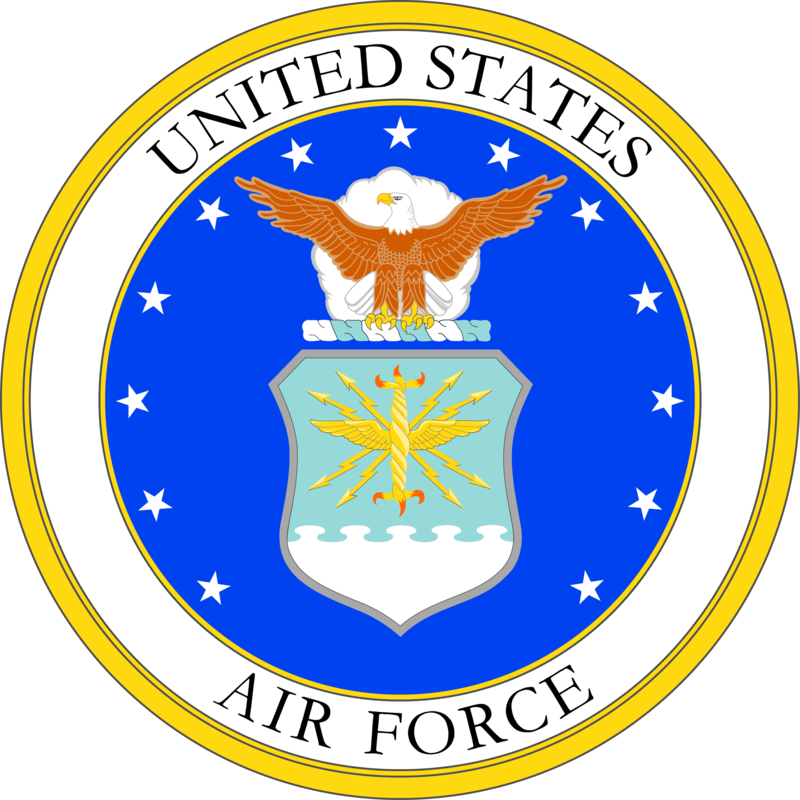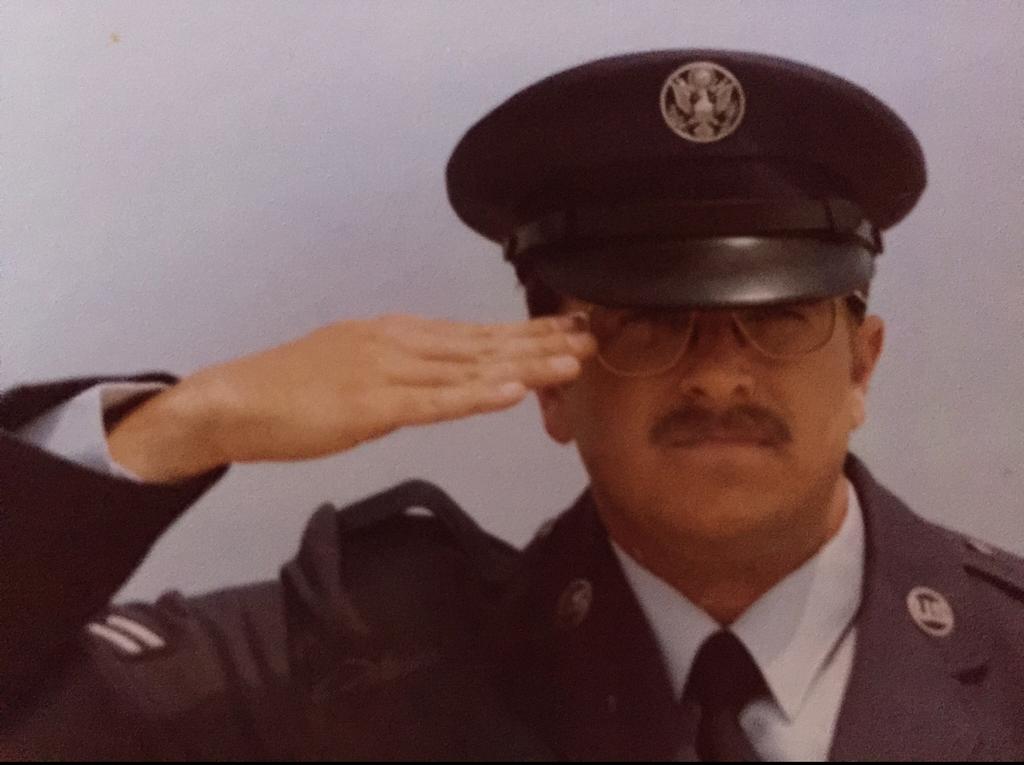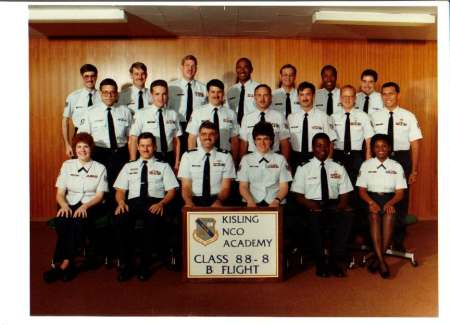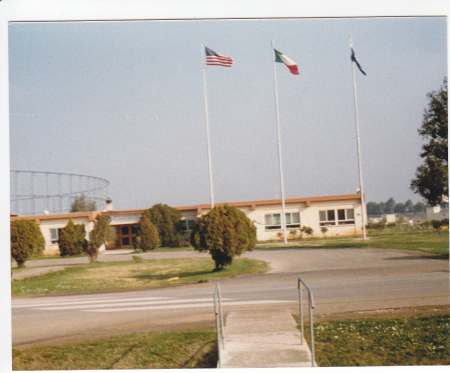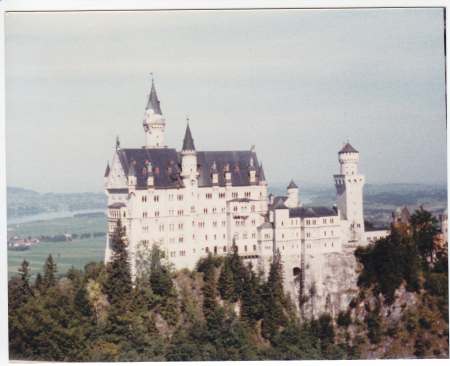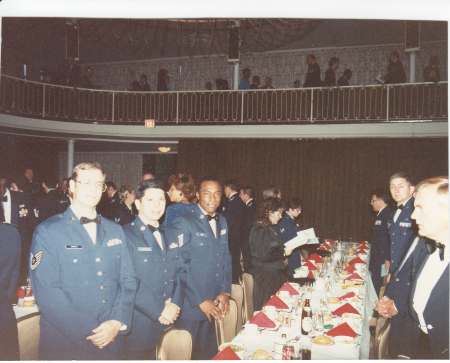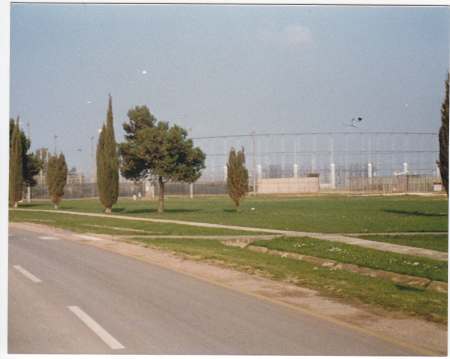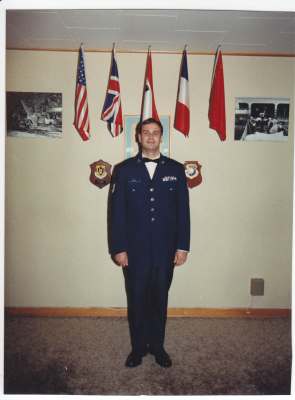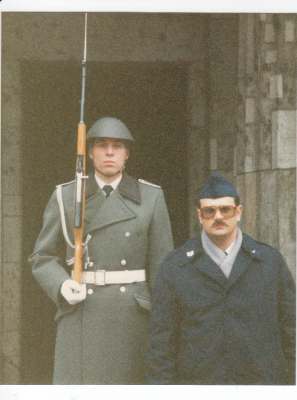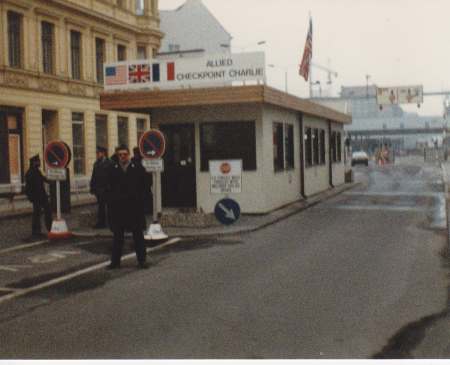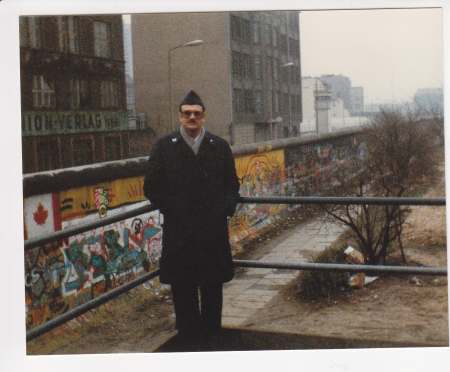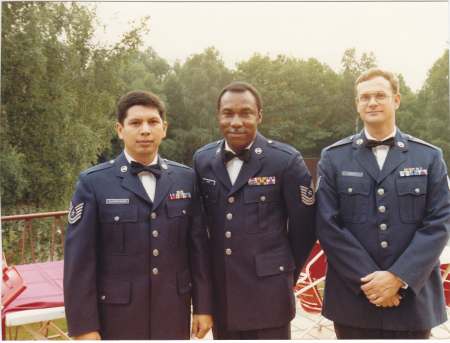ABOUT 6917th Security Group
- Cold War Origins: The 6917th Security Group was established in the early 1950s as part of the United States Air Force Security Service (USAFSS), with a primary mission of signals intelligence (SIGINT) during the tense years of the Cold War.
- Key Location – San Vito, Italy: The unit was stationed at San Vito dei Normanni Air Station in southern Italy, making it a critical listening post for monitoring Soviet and Warsaw Pact communications across the Mediterranean and Eastern Europe.
- “Ghost Voice” Intercepts: The 6917th was famous for intercepting mysterious numbers stations and coded broadcasts, often referred to as “ghost voices,” believed to be used for espionage and agent communications.
- Berlin Crisis Involvement: During the 1961 Berlin Crisis, the 6917th played a pivotal role in providing intelligence to US and NATO command, tracking East Bloc military activity and communications.
- “Elephant Cage” Antenna: The group operated a massive Wullenweber Circularly Disposed Antenna Array (CDAA), nicknamed the “Elephant Cage,” used for high-frequency direction finding across Europe and North Africa.
- International Collaboration: Analysts and linguists from the 6917th often worked alongside NATO allies, particularly Italian intelligence, to share critical information and analysis on Soviet activities.
- Vietnam War Support: While based in Italy, the group also supported US operations in Southeast Asia by intercepting and analyzing radio traffic and relaying vital intelligence to forward units.
- Real-life “Codebreakers”: Many veterans of the 6917th later contributed to US cryptologic agencies, including the NSA, and were instrumental in advancing US codebreaking and electronic intelligence capabilities.
- Deactivation and Legacy: The 6917th Security Group was deactivated in 1993 following the end of the Cold War, but its legacy lives on in the intelligence community and among alumni associations.
- Veterans’ Stories: Alumni of the 6917th have recounted stories of tense moments, from tracking Soviet bombers to decoding intercepted messages, and some have published memoirs detailing their secretive and crucial work in military intelligence.

